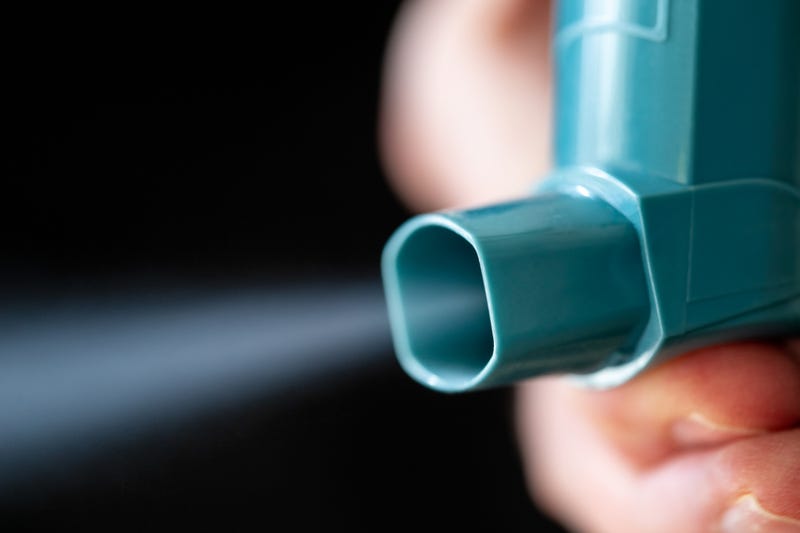
More than 500,000 Minnesotans, and countless millions around the world, suffer from asthma. For many, relief often comes using inhalers to help them breath.
But are those inhalers causing issues in the skies above us?
According to a recent study published in the Journal of the American Medical Association, the medication inhalers are “substantial” contributors to planet-warming pollution.
It’s not the medicine itself that’s the problem. Rather, it’s the HFA's, or Hydrofluoroalkane, says the University of Minnesota's Dr. Abby Begnaud.
"This is just one example of ways in which our efforts to respond to climate change and deal with the effects of climate change actually worsen it," Begnaud explains. "Like, the world's getting hotter, so we all use more energy and electricity to cool our homes and keep ourselves comfortable and safe. And that adds to pollution. So it's sort of, unfortunately, a vicious cycle."
Researchers say they expect to see the number of people suffering from asthma or other breathing issues will increase with more drought and more wildfires.
Begnaud says the conditions will start to affect everyone and not just those with lung disease, as well.
"Those 'vulnerable groups' are the groups of people who are vulnerable to immediate effects," says Begnaud. Like, I feel it right now. I have trouble breathing. I have to use an inhaler. I have to go inside. But all of us are vulnerable because essentially it's like we're all smoking. I mean, I think that's the most simplified way to understand to people, you know.
Begnaud was a guest on WCCO Radio's Sunday morning Health Hour and said the propellent helps open up bronchial tubes in these inhalers.
"The HFA is hydrofluoroalkane, which is a propellant, but you might remember years ago, CFCs and chlorofluorocorbans and all the talk about that and anything that you spray," she explained. I mean, hairspray, the whipped cream. I grew up in the South, so for us it was always thinking about air conditioners, like air conditioners have these types of things in them too. And so that's kind of how they propel the medication from the mouth all the way down the bronchial tree into the lungs."
